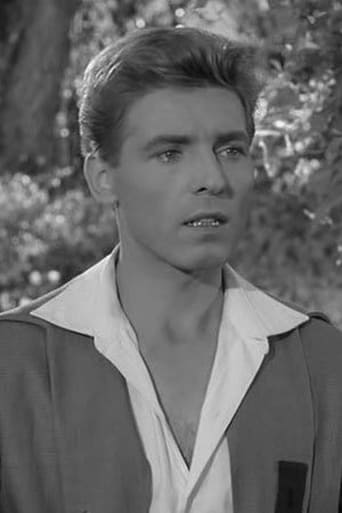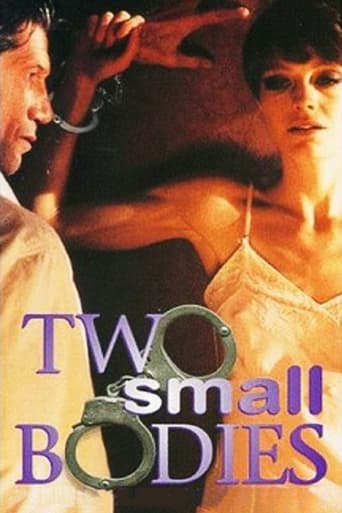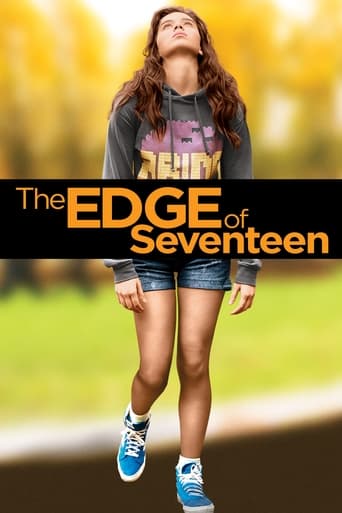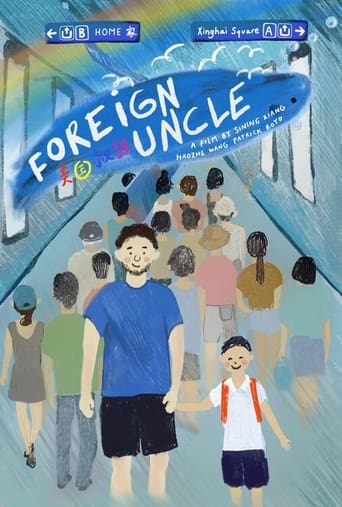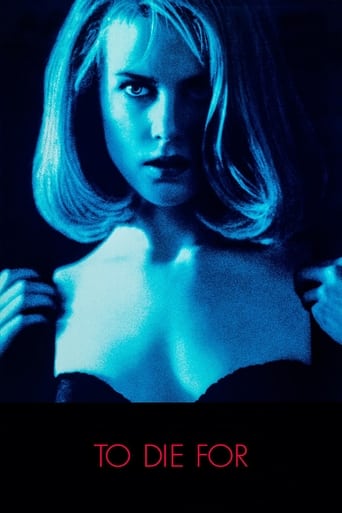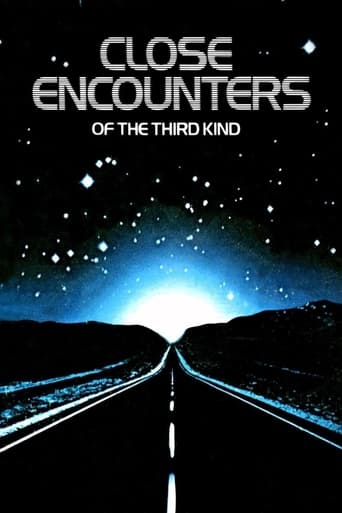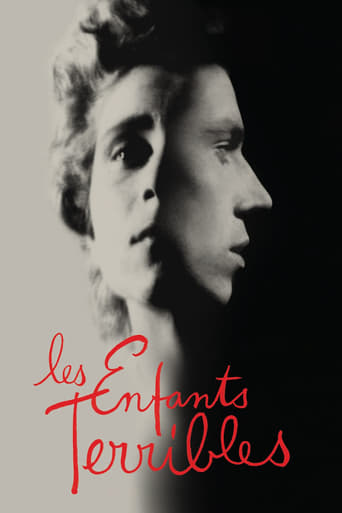
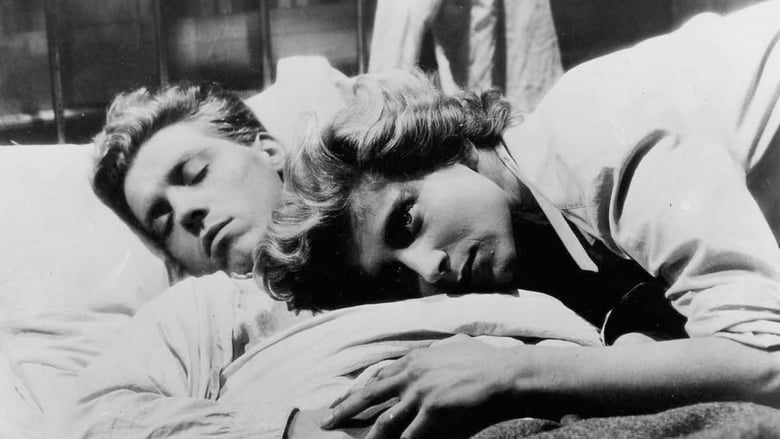
Les Enfants Terribles (1950)
Elisabeth and her brother Paul live isolated from much of the world after Paul is injured in a snowball fight. As a coping mechanism, the two conjure up a hermetic dream of their own making. Their relationship, however, isn't exactly wholesome. Jealousy and a malevolent undercurrent intrude on their fantasy when Elisabeth invites the strange Agathe to stay with them -- and Paul is immediately attracted to her.
Watch Trailer
Cast
Similar titles

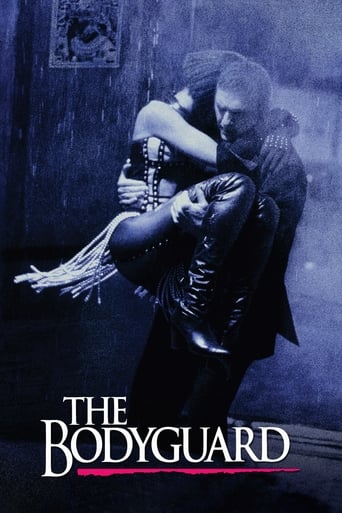

Reviews
The Worst Film Ever
It's entirely possible that sending the audience out feeling lousy was intentional
a film so unique, intoxicating and bizarre that it not only demands another viewing, but is also forgivable as a satirical comedy where the jokes eventually take the back seat.
There is, somehow, an interesting story here, as well as some good acting. There are also some good scenes
I recently saw this movie, titled The Strange Ones in English, with English subtitles on TCM. I know a little French, and it seemed the English translations may not have captured all the nuances, but I'm not sure.Before writing my review I wanted to see what more experienced or better informed people were saying, and I gather that most of the favorable reviewers liked the daring themes presented in stark black and white format with highly dramatic acting and artistic camera work. No doubt about it, this movie features all of those, and I did watch the whole thing because of those elements.As with many French films I've seen over the years, this film presents an amoral view of life, i.e., there is no right or wrong, in fact in this movie there is no real consideration of right or wrong in the script or the story at all.Minutes before my sister learned that her fiancée had been killed in a car accident, she asked me "what is existentialism?" I had a sense for the concept but I struggled to make it concrete. That awful phone call ended the conversation about literature, but I never forgot that moment. Now I know the answer, and The Strange Ones could well serve as a teaching tool in literature or philosophy classes; a person actively watching and thinking about this movie will "get" what existentialism is (in cinema anyway).This film brilliantly presents strange people, maybe "weird people" better says it, going through unusual events in an unusual context. In existentialism nothing really has overarching meaning, so whatever happens, happens, and the results yield not so much tragedy as very dark farce.
This is a film that possibly several will admire but almost none will actually like. Somewhat bizarrely there is not a scintilla of chemistry between any two people in the cast let alone the four principals. It's very possible that the two 'poets' who collaborated on the production, Jean Cocteau, author of the original novel (published in 1929) and a man fully capable of writing and directing a film entirely alone, and Jean- Pierre Melville who went on to enjoy - after this, his second feature film - a very distinguished career laced liberally with Masterpieces (L'Armee des ombres, Le Samurai, Le Cercle Rouge - were so disparate that it is as if Picasso were to collaborate with Breughel on a painting. There's a wonderful piece of pure chuzpah on the DVD when Gilbert Adair, who blatantly ripped off Les Enfants Terribles in 'The Dreamers' provides a narration.
'Playing the game' as the idiomatic expression meaning 'pretending to' in French. While Elizabeth played the game, Paul 'played the game'. And what a captivating game!A vertiginous ceiling-shot shows the four protagonists visiting their future house, walking on a chessboard-like roof. Like the human pieces of the infamous game whose mastermind is Elizabeth. Elizabeth, portrayed by Nicole Stéphane in a grandiloquent operatic BAFTA nominated performance, as the overly protective sister of Paul, Edouard Dermitte, a 16-year boy with a fragile health. An ambiguous relationship constantly flirting with incest. One of the strangest cinematic pairings. "Les Enfants Terribles" from Jean-Pierre Melville and Jean Cocteau.Emotionnally speaking, "Les Enfants Terribles" plays as a succession of build-ups, twists and climaxes, guided by the beautiful sound of Bach and Vivaldi's Concertos, plunging you in the confusing mix of emotions that inhabit the hearts of Elizabeth, Paul, and their friends who undergo their caprices with a remarkable patience. The sound of violins takes your soul and transports you in the middle of a hypnotic nonsense when the narration from Jean Cocteau tries to enlighten us on what should rather be kept secret, the whole movie is about secrets, deadly and dangerous but did we need to hear what was going in the hearts or the souls of these twisted individuals while their actions, their expression were more eloquent? The film belongs to the theater world, which is even more spectacular on a cinema's screen, it conveys a sense of disturbing intimacy between Elizabeth and Paul who love to argue so much that they fail to hide how needy they are -in fact- to each other. Elizabeth is the tempestuous 'Yin' to Paul's tormented 'Yang', the mother, the mistress, the friend, enslaving Paul in a relationship to which he can only react through sarcasm and irony, to better hide this discomfort. In fact, the only self-confident character is Elizabeth, the one who pulls the emotional strings of every one, echoing the discomfort of the viewer. But once you get used to that discomfort, "Les Enfants Terribles" becomes the mirror of its own emotions: unpredictability, zaniness, theatricality, where even the artistic conflict between the two film-makers have ironically served the film's artistry and unique sensation. Cocteau's prose is nuanced and monotonous while the characters are deliberately over-the–top, when the movie could have been 'good' by classic standards, it became disturbing to the level of genius and making you realize that it's no use to rationally analyze something that invites to spontaneously let the emotions dictate your feelings. "Les Enfants Terribles" is an exhilarating experience, a kaleidoscope of emotions that creates a harmonious symbiosis between every form of artistic expression : music, theater, literature, it looks artificial sometimes, but it's so gutsy and brave that any attempt to decorticate the meaning of one scene separately is vain and pointless. The whole package works, the opening is intriguing, what follows disturbs, and the ending leaves with you a "wow" feeling that requires catching your breath before reconsidering what you saw. Nicole Stéphane IS over the top in the same perfect intensity that turns her into the secret daughter of Norma Desmond (from a masterpiece of the same year). She's so absorbed by her exclusive lust toward Paul that she can't behave normally without betraying her true nature, the only way to manipulate is to keep this exuberant feel as the right vehicle of her inner emotions.And Elizabeth is such an omnipresent character, almost God-like, that one should consider her as part of Paul's persona, and this is the only way to appreciate Dermitte's performance. While he could be seen as a lousy, or too histrionic actor, I feel there's something deliberately missing inside him, as if half of his soul belonged to Elizabeth, keeping it secretly among the various objects that constituted the treasured bric-a-brac. Look at his mouth, like paralyzed, unable to express one positive emotion, Paul rarely smiles and his smiles are not convincing because Nicole possesses the best of him, and his doom is that he ignores this or 'plays the game', even when his most feminine part inspires his male crush. Elizabeth and Paul are the same persona, and the film carries many Bergmanian undertones ... even illustrated in the poster.The dazzling black-and-white cinematography conveys the bizarre aspect of this duality. There's a beautiful shot of Paul sleepwalking on the stairs, appearing all in shadows like a ghostly figure only capable to escape from Elizabeth and emerge from the light when he's asleep, as if his subconscious was the only refuge from the doom that would lead to his demise. The surrealistic aspect gets more palpable as the movie progresses: in a beautiful dream sequence, Paul walks backwards solemnly as if Nicole managed to bring him back under her power, which she did by conjuring the only thing that could have deprived her from Paul, his love for Agathe. But Paul by sending the letter to himself, instead of Agathe, signed his own death warrant, proving that he couldn't see his life with anyone but him, with this very part of him cruelly belonging to his sister.That was Paul's tragedy and Elizabeth is the Goddess. The film borrows many elements from the Greek mythology, so cherished by Cocteau, and sublimated by the noir genre to which Melville would give its letters of nobility. Paul and Elizabeth's fates were already traced, they could live in the biggest room ever, there would be no room for Gérard, and certainly not Agathe, who unmasked Elizabeth's villainous side. Were the actors too old for these parts? No, their troubling Aryan blonde and curly hair with intense azure eyes and their marble statue-like beauty reminded of the forbidden love between Electra and Orestes with the noir direction underlining the troubling effect of their games ...... are they adult playing like kids, or kids playing adult games does it really matter?
"LES PARENTS TERRIBLES" directed by Cocteau himself : an over possessive mother and her selfish husband destroy their son's life."LES ENFANTS TERRIBLES" directed by Jean -Pierre Melville: a sister and a brother tear each other in pieces .The sister is Nicole Stephane whose performance is quite impressive ,and she rises to the occasion when it comes to portray such a terrifying character (Cocteau lines are mysterious and threatening,"she didn't marry him for love , neither she did for his money but she did it for his death")When we make acquaintance with them,they live under a "carapace" and their mother -soon to die- is no more alive than Mrs Bates in "psycho" .Around them,a young man and a young girl who will be no more than puppets in their hands (mainly Elisabeth's (Stephane))Halfway between cinema and theater -but as when Cocteau himself directed- we never feel we are watching a filmed stage production.The dialogue is weird,now childlike ,now intriguing,often bewildering ,always brilliant with terrific lines like the one I quote above.The voice over ,which is often superfluous in other works -is here thoroughly relevant -and besides it's Cocteau's voice!-Children who refuse to grow up?A fraid of the world outside?Youngsters fascinated by death? Incestuous relationship?Strange how ,with the staggering exception of "la belle et la bête " ,Cocteau's movies display a gloomy cold atmosphere and a doomed fate :his "l'aigle à deux têtes" and "les parents terribles" as well as Delannoy's "l'éternel retour" and "la princesse de CLèves" or Pierre Billon's "Ruy Blas".As for Melville,I always preferred his non-gangsters movies (this one,"le silence de la mer" "Léon Morin prêtre" ,"l'armée des ombres" ) to his thrillers (the likes of "le samouraï " or "le cercle rouge" ) which are no more than rehash of American film noirs with absurd metaphysical pretensions at that.

